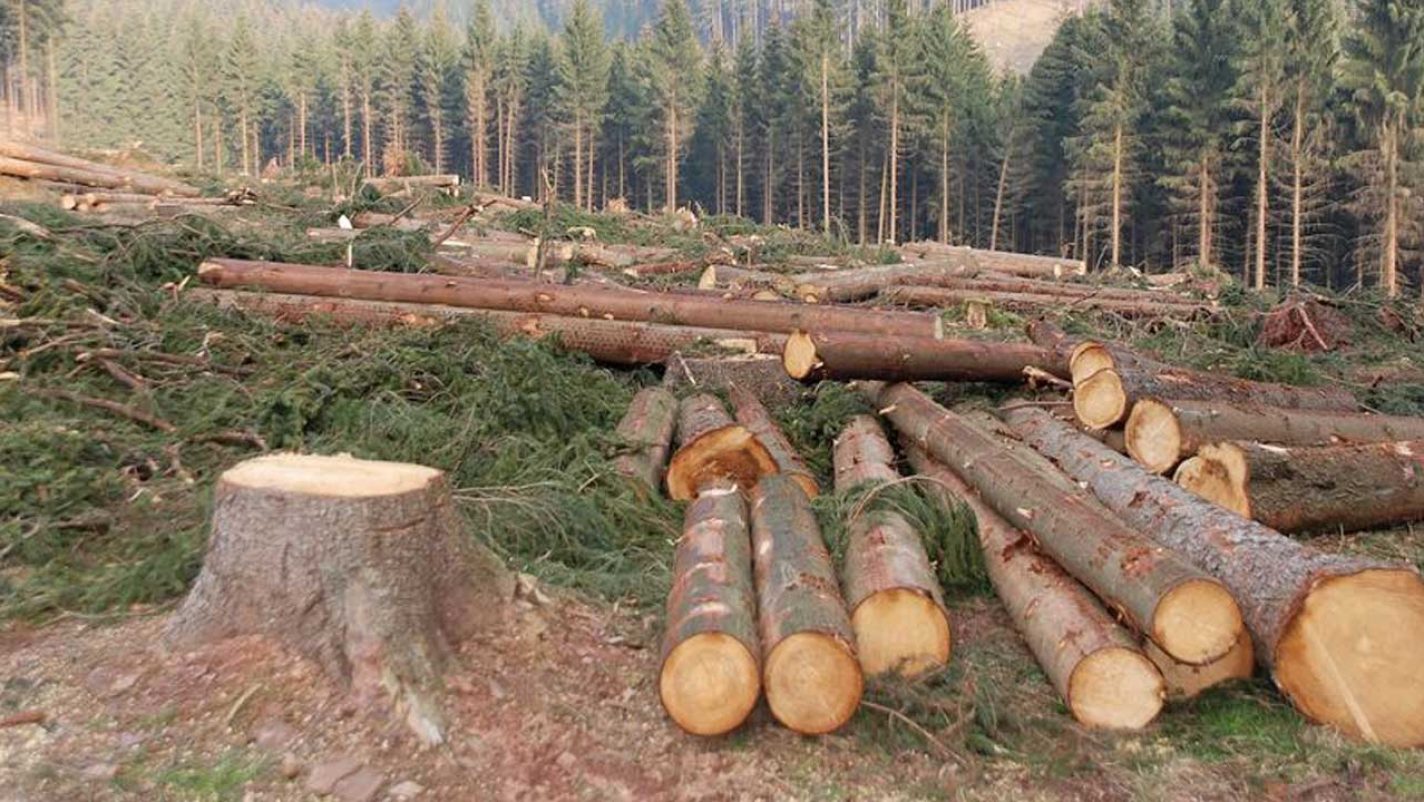Anxiety over forest depletion, unsustainable use of wood
Stakeholders, yesterday, raised the alarm over pervasive forest depletion in Nigeria, insisting that sustainable use of wood and the economic benefits might remain elusive if something is not urgently done.
The experts are equally canvassing measures that would enable the country to achieve the target of planting 26 million trees to meet earlier commitment made by President Muhammadu Buhari at the 74th Session of the United Nations General Assembly (UNGA).The stakeholders, at a press conference, in Abuja, said the depleting rate of forest in the country, which currently stands at over eight per cent, was unacceptable when compared to the global average of less than one per cent.
Food and Agriculture Organisation (FAO) of the United Nations had said Nigeria had the highest rate of deforestation in the world, standing at about 55.7 per cent.
Through a Wood Expo Nigeria Programme, the Design & Dwell Associates, Forestry Research Institute of Nigeria (FRIN), Forestry Association of Nigeria (FAN), Processed Wood Products Marketers Association of Nigeria (PROWPMAN), Lagos State Forestry Services and the Nigerian Institute of Architects (NIA) Abuja chapter, have led a world economy campaign in collaboration with the Raw Materials Research and Development Council (RMRDC).
The exhibition was geared at promoting government’s agenda to the National Economic Recovery Growth Plan (ERGP) to diversify the economy for development of the various sectors, by fully exploring wood potentials in the country.
But in situations where logging occurs without planting of new trees, the most populous black nation risks environmental disaster, among other serious health problems, Chairman of WEN Synergies Limited, Danny Sokari-Gorge, warned.
He noted that the country was facing increasing environmental threats due to forest depletion, adding that there was need to map out effective strategies to mitigate climate change.
Sokari-Gorge said the group was at the verge of engaging states and private landowners nationwide to ensure that land is reserved for tree planting.
While the global wood products market size is projected to grow from $631.11 billion in 2021 to $684.26 billion in 2022, the chairman observed that the economic side of wood had not been prioritised in Nigeria.
Another stakeholder, Moradeke Okunriboye, harped on the need to create a database on species of trees in the land.
According to her, while bamboo is leading in innovative designs across the world, Nigeria is yet to tap into the opportunities it offers.

